Unprecedented rabies outbreak among Cape fur seals in South Africa raises alarm
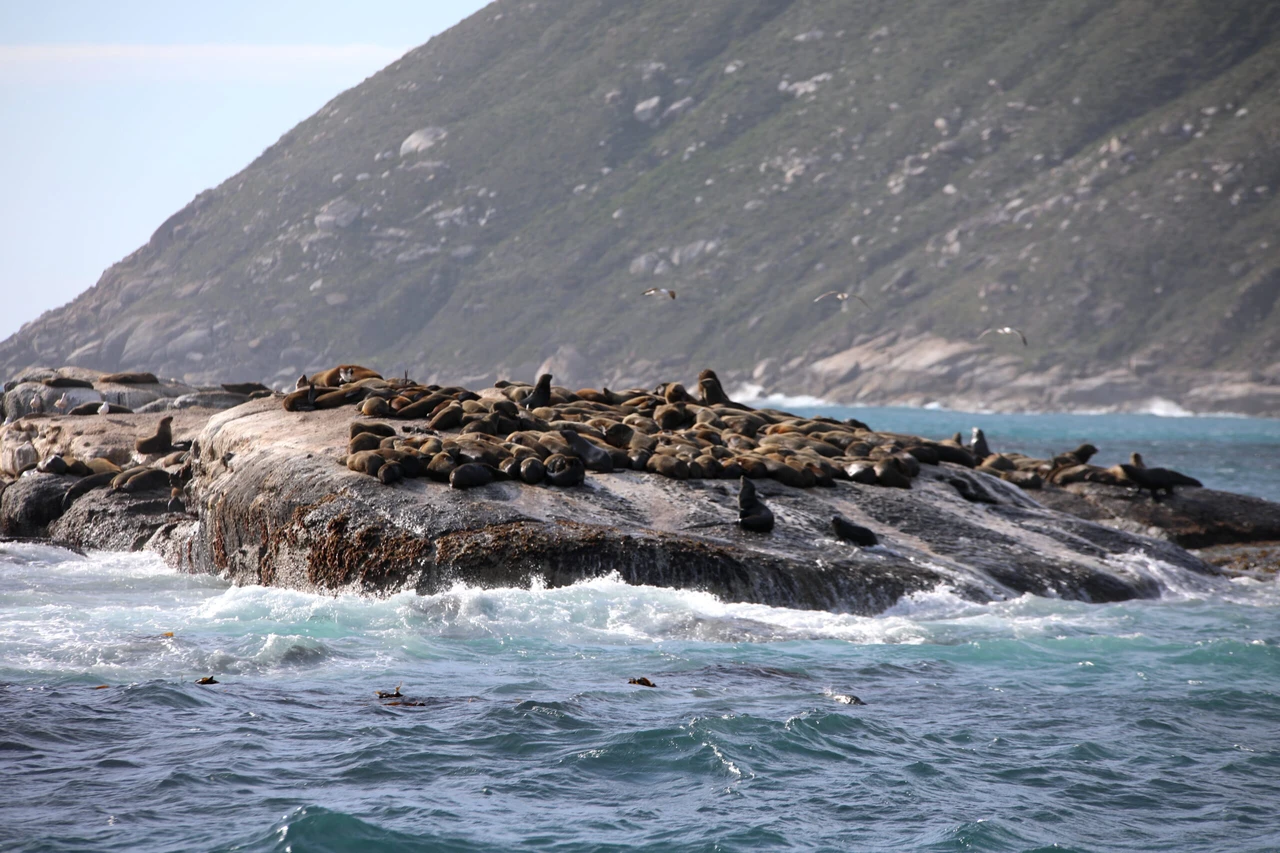 Cape fur seals living along the southern and southwestern coasts of Africa, October 24, 2024. (AA Photo)
Cape fur seals living along the southern and southwestern coasts of Africa, October 24, 2024. (AA Photo)
Cape Town’s Hout Bay Seal Rescue and Rehabilitation Centre has reported an alarming rabies outbreak among Cape fur seals, making it the first recorded instance of rabies among marine mammals.
The outbreak is raising significant concerns for both wildlife experts and the public.
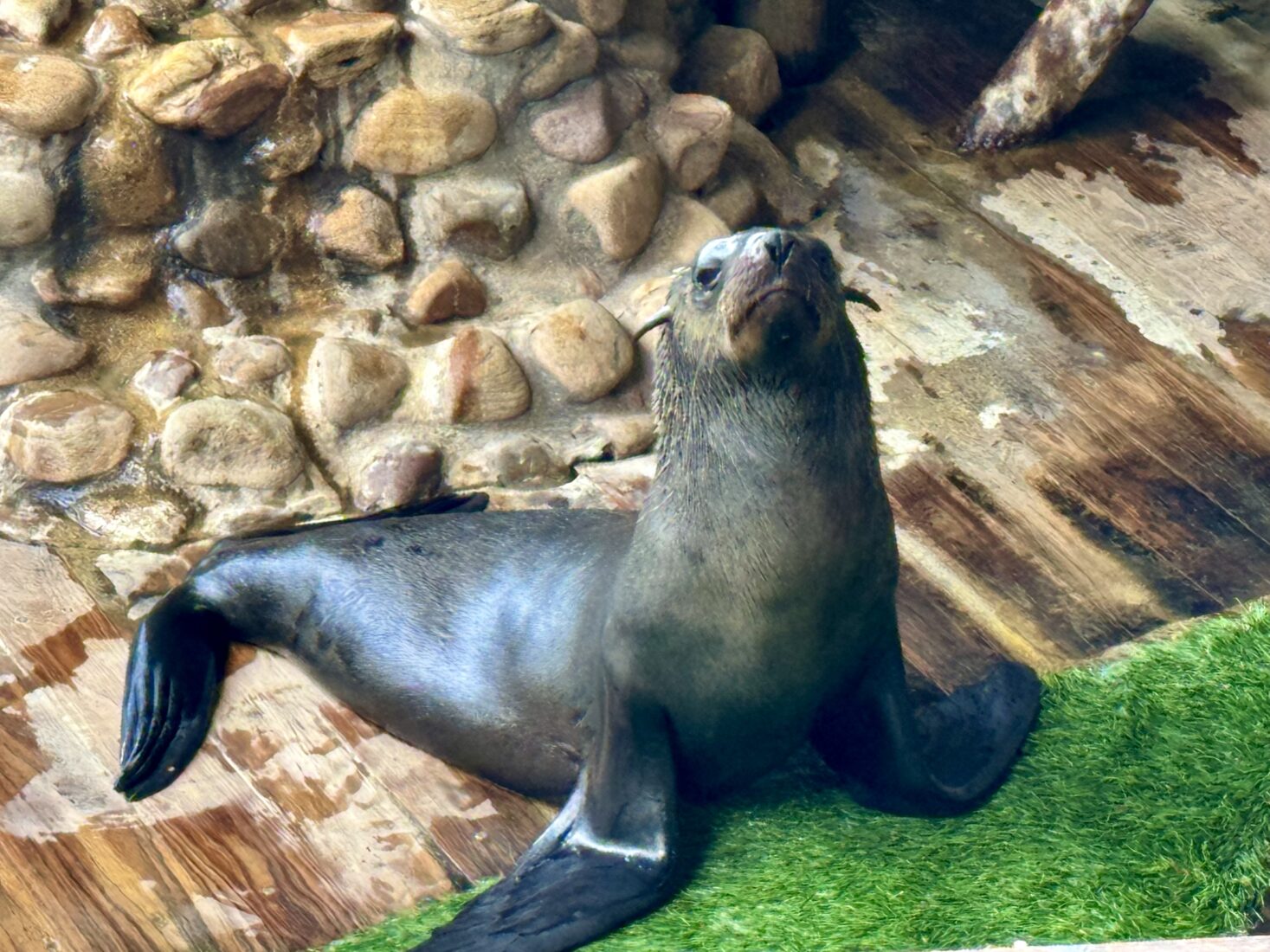
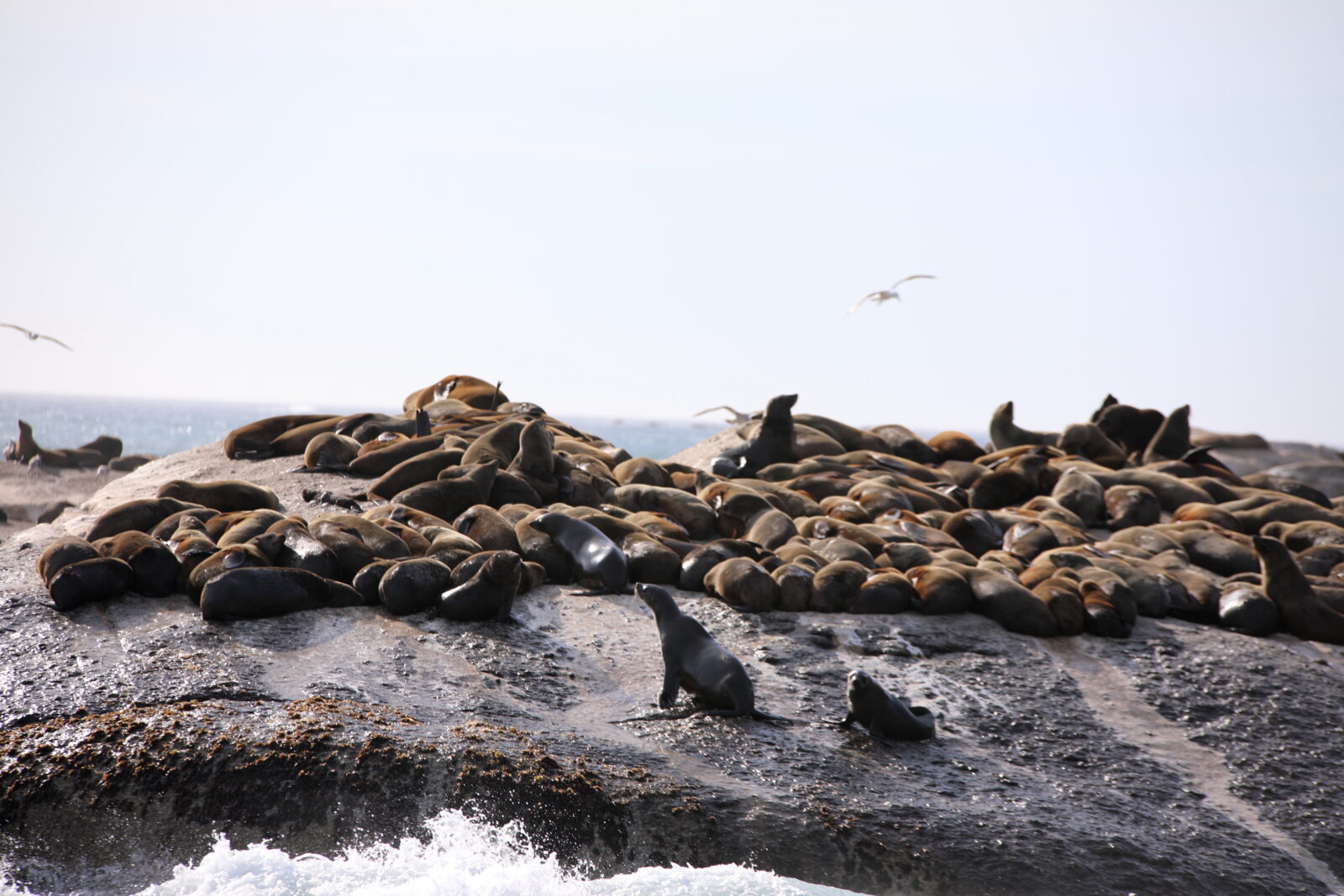
First of its kind
According to Kim Hattingh, an official at the Hout Bay Centre, “There is no scientific precedent for rabies outbreaks among marine mammals, and we know nothing about how rabies will affect marine life.”
Reports indicate a few cases of humans being bitten, but no confirmed cases of rabies transmission from seal bites to humans have been documented.
Cape fur seals at risk
Cape fur seals, estimated to number around 2 million along the coastline stretching from South Africa to Angola, have been significantly affected by this outbreak. These seals, characterized by their brown fur and lengths exceeding 2 meters (6.5 feet), are among the largest seal species and have never before been documented as carriers of rabies.
In a report released by the South African Department of Agriculture, the rabies outbreak was first detected in May. However, information gathered from samples taken from seals that died in previous years suggests that the first case may date back to 2022. As of late July, a total of 17 cases were reported along the coastline between Cape Town and Plettenberg, solidifying this outbreak as the world’s first rabies epidemic among marine mammals.
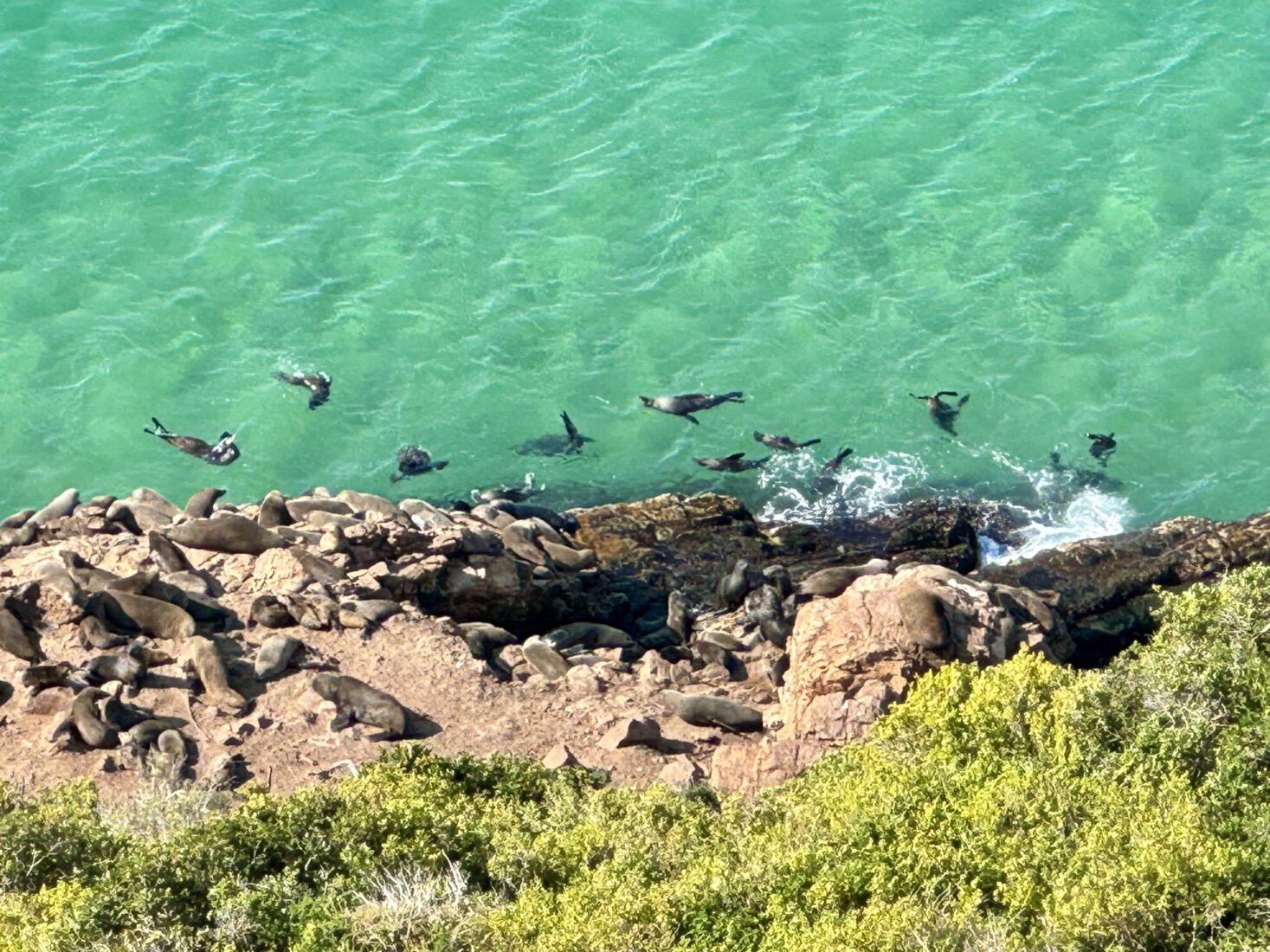
Rising cases
Hattingh reported that since July, the number of confirmed cases has risen to 24, with seven new cases identified.
She emphasized the unprecedented nature of the outbreak and expressed concerns about its implications for marine ecosystems.
Seals display aggressive behavior
The rabid seals have shown aggressive behavior toward humans, with several bite incidents reported. “While there have been reports of people being bitten, there is no evidence that rabies has been contracted from seal bites. However, if you plan to swim in the ocean, it’s advisable to get vaccinated against rabies,” Hattingh cautioned.
She added that hunger could also drive seals to attack humans. “If you see a seal on the beach, keep at least 30 meters away, regardless of what it’s doing.”
Difficulty in detection
Identifying rabid seals has proven challenging, according to Hattingh. Observations on land show seals behaving erratically, turning their heads, and struggling to swallow, often attempting to bite and unnaturally catch objects. “We’ve found that seals displaying these symptoms die within 30 minutes,” she noted.
Hattingh also mentioned encountering swollen and sick-looking seals in the water, as well as seals attacking boats and people. However, she stressed that aggressive behavior may not always be because of rabies, suggesting that hunger could be a factor.
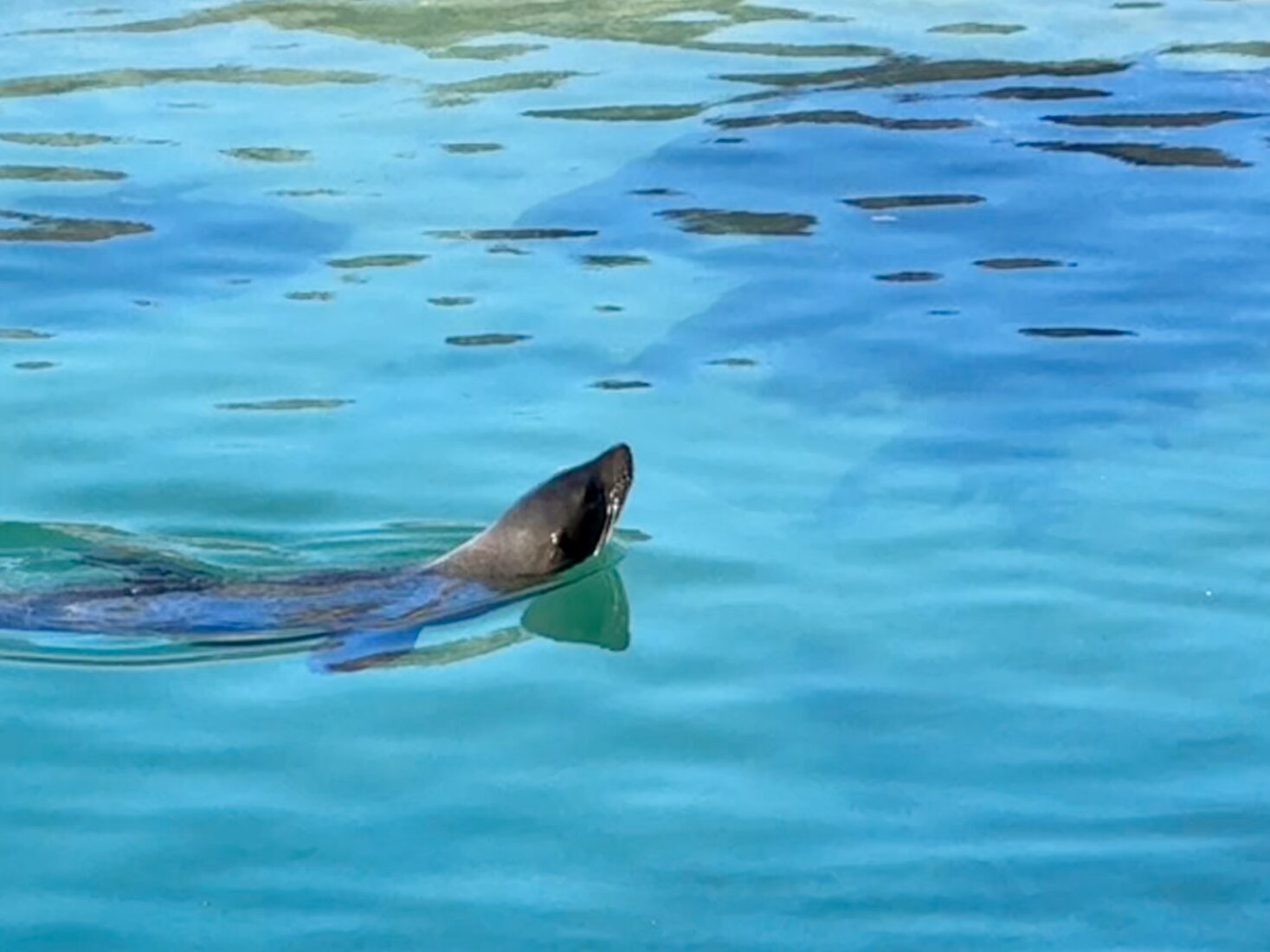
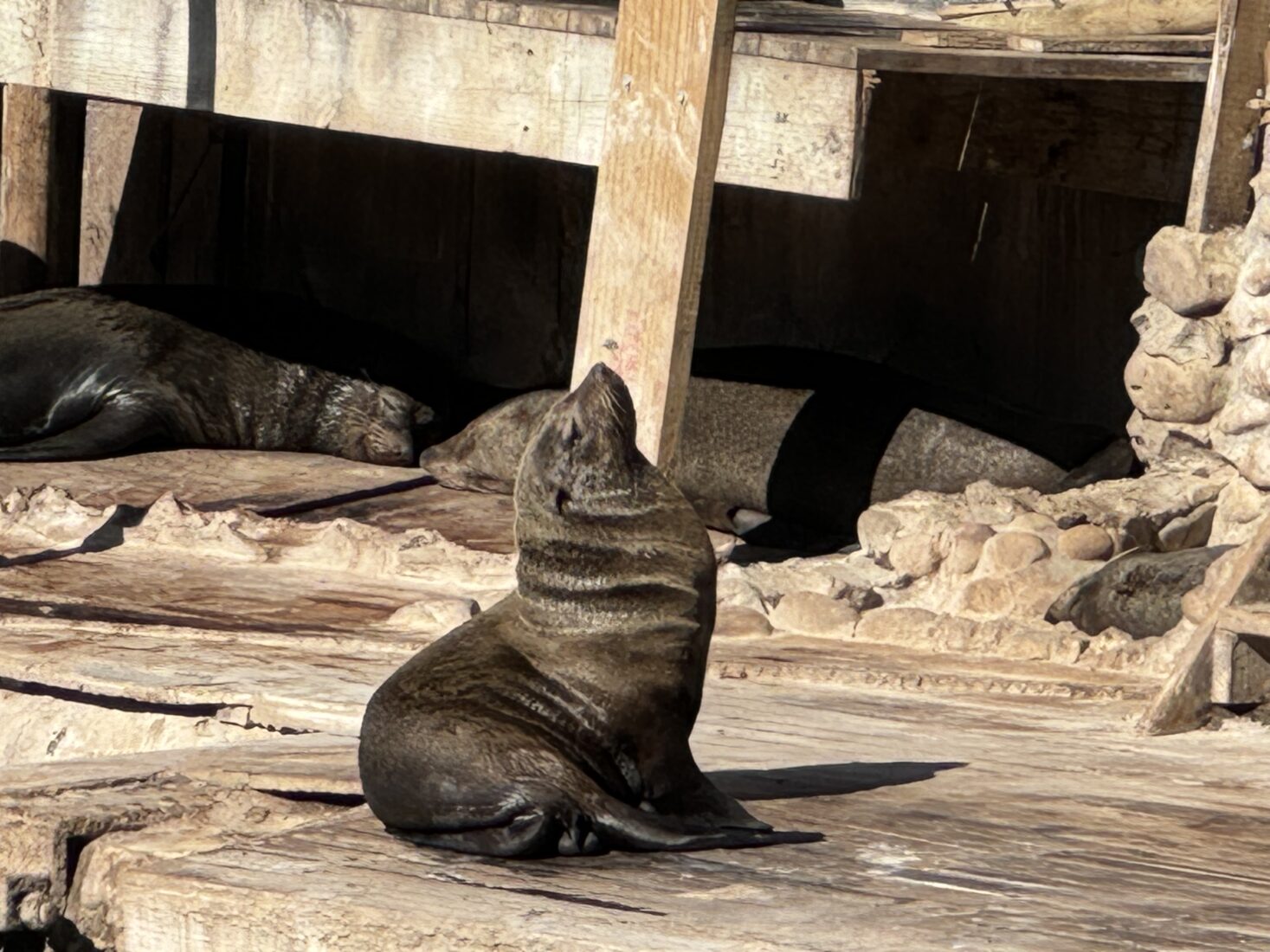
Threats to seal populations
The Cape fur seal population, previously estimated at 2 million in 2018, may have declined after mass deaths in 2021. Hattingh highlighted the ongoing threats posed by the fishing industry, stating, “Cape fur seals are seriously endangered; they are killed every day by the fishing industry, which has been a longstanding issue.”
Additionally, Hattingh noted the rising demand for seals in traditional African medicine. “This brutality and killing are increasing every day, and we believe these animals will be at significant risk in the coming years. The local fishing industry believes that seals, dolphins, and whales eat all the fish, so the more seals die, the better it is for the fishermen.”
Since 1999, the Hout Bay Seal Rescue and Rehabilitation Centre has been dedicated to breeding and releasing Cape fur seals back into the wild. Hattingh explained, “These animals are cared for exclusively by our seal keepers. We are currently vaccinating seals against rabies before they are tagged and released.”
As the rabies outbreak continues to unfold, the implications for marine life and human safety are significant. Experts urge caution when interacting with seals and recommend vaccinations for those engaging in activities near the ocean.



